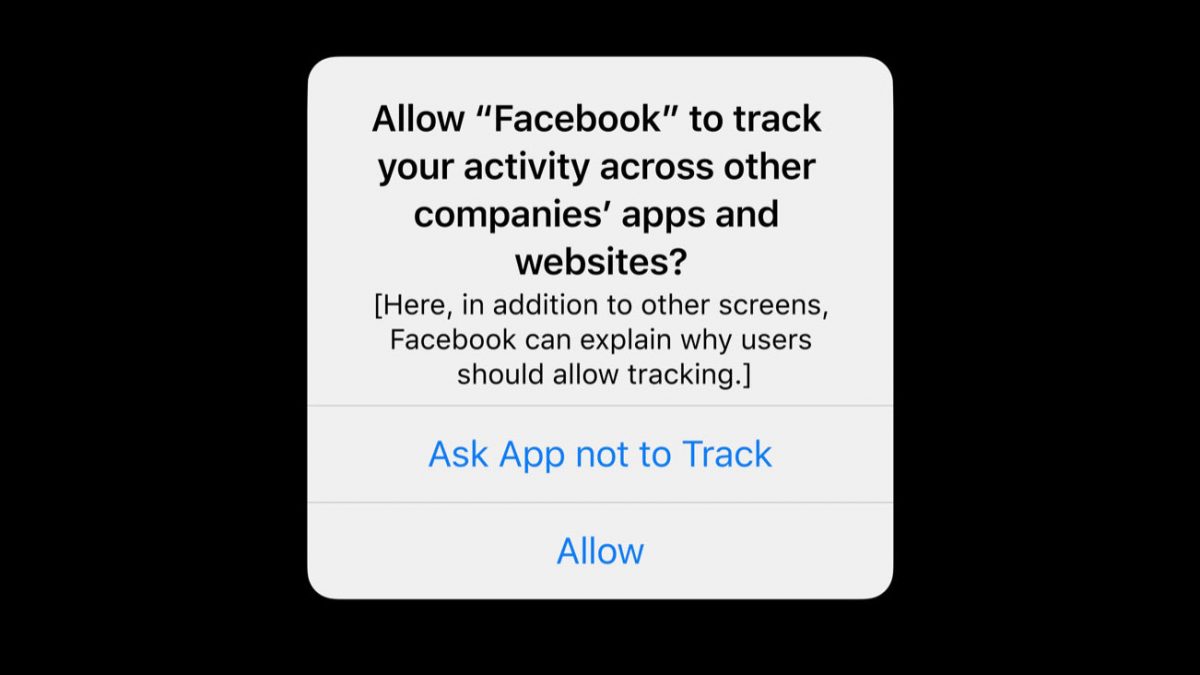A new report by The Information reveals that not only digital advertisers and developers, but Apple executives were also concerned about the impact of the ATT feature and it put the company’s head of software Craig Ferderighi against its head of services Eddy Cue and Phil Schiller, in charge of the App Store.

In iOS 14.5 update, Apple finally introduced the “App Tracking Transparency” privacy feature despite widespread opposition to the update, especially by digital advertisers. The ATT privacy feature gives users the choice to allow or not allow apps from tracking their activity across other apps and websites.
The privacy feature on iOS is disliked by certain apps because it prevents them from tracking users without their consent and collecting their data to show targeted ads.
Conviction of Apple’s head of software to protect users’ privacy led to the launch of the ATT feature on iOS
According to the report, the developer of IDFA (identifier for advertisers) Eric Neuenschwander was concerned about the exploitation of IDFA by apps to invasively track users and he had been working to restrict the unethical access to users’ data via IDFA’s since 2016.
Although Apple offered the “Limit ad tracking” option to iPhone users, it was hidden deep in the Setting app, therefore, neither did most users know about it nor did they enable it. Then, in 2019 Federighi stepped in to prevent the “improper user of IDFA” and calling it a “tentpole” idea, he want to announce the new ATT feature at the WWDC 2020 event.

However, one of the obstacles he faced was to reach an agreement with his fellow executives on the impact of the new anti-tracking measure.
Schiller, who runs the App Store, was concerned over how a framework like ATT could impact the App Store ecosystem and mobile ads that run within apps.
Schiller and his aides warned that “if new restrictions on the IDFA resulted in users seeing fewer ads, they might download fewer apps,” leading to fewer app downloads and potentially fewer in-app purchases, which Apple takes a cut of.
Cue, who was in charge of Apple’s iAd network, was concerned that ATT would go too far in eliminating tracking. “Cue’s team was especially sensitive to the consequences of kneecapping the IDFA.”
Determined to end the unwarranted and unauthorized tracking of users’ behavior and being mindful of his colleagues’ concerns, Federighi devised the final version of the ATT feature with a team of privacy-minded engineers which gives users the choice to opt-in tracking for each app.
The trio eventually settled on a plan: iPhone users would have a choice of whether to opt into app tracking, which Apple executives felt was more defensible if developers and the online advertising industry pushed back, people familiar with the discussions said. They would also be able to do this on a per-app basis, which Apple executives also felt would benefit advertisers, a person familiar with the matter said. This was a big change from Apple’s earlier IDFA controls, which enabled tracking across all apps by default.
Via MacRumors